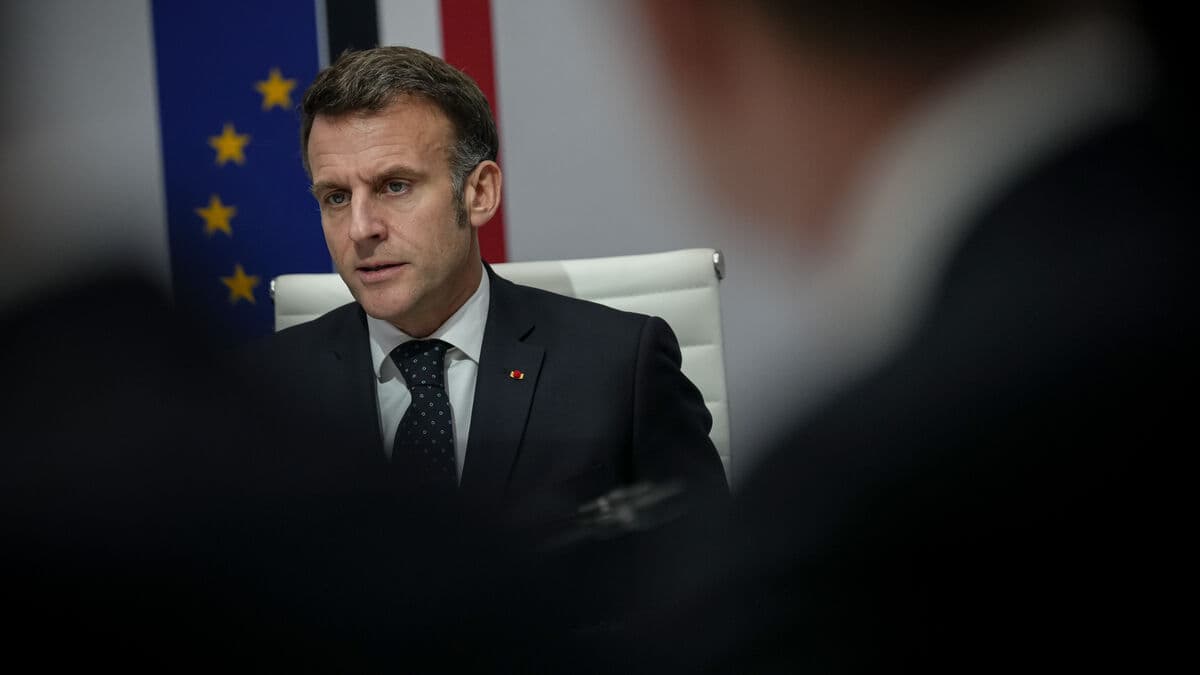The government and the Sweden Democrats believe that the legislation regarding begging needs to be reviewed. A investigator is now being appointed to submit proposals for a nationwide ban on begging.
This is good and absolutely necessary, says Linda Lindberg, group leader for the Sweden Democrats, at a press conference.
She points out that begging bans have existed in Sweden before, the last one was repealed in the 1980s.
Begging was then rare in Sweden until the beginning of the 2010s when many EU citizens from other countries came to Sweden to beg, says Lindberg.
What we saw was no longer individual needy people asking for help, but we saw a more systematic and deliberate approach to promote criminality.
Skeptical Liberals
A smaller number of municipalities have introduced local begging bans, but the government believes that these can be difficult to implement.
The investigator, former Court of Appeal judge Krister Thelin, is to "regardless of stance on the matter submit proposals that entail a ban on begging at the national level", writes the government.
It is not reasonable in our opinion that people travel across half of Europe to beg outside our stores, says Linda Lindberg.
The government wants him to account for how the ban should be designed and delimited and how it should work together with requirements for human rights and international conventions.
A national begging ban was one of the Sweden Democrats' election promises. But the investigation has taken time to set up. Whether it will actually result in a ban being introduced is also unclear. The Tidö Agreement only states that a begging ban will be investigated – not introduced. And a couple of Liberal members have previously declared that they would vote no to a ban. One of them, Anna Starbrink, announces today that she stands by this.
The Liberals' party secretary Jakob Olofsgård does not want to answer the question of how the Liberals will stand when a proposal is on the table.
We are following the Tidö Agreement today and establishing this investigation, he says.
To be presented next summer
Strömmer hopes for broad support in the Riksdag.
I do not rule out that we will have a basis next summer that is so well worked out and balanced that other parties can also consider supporting it.
In addition to presenting a ban, the investigator is also to analyze whether the possibilities of limiting begging should be expanded and submit proposals for other measures that can counteract the occurrence of begging in Sweden.
The assignment is to be presented no later than June 26, 2025.






